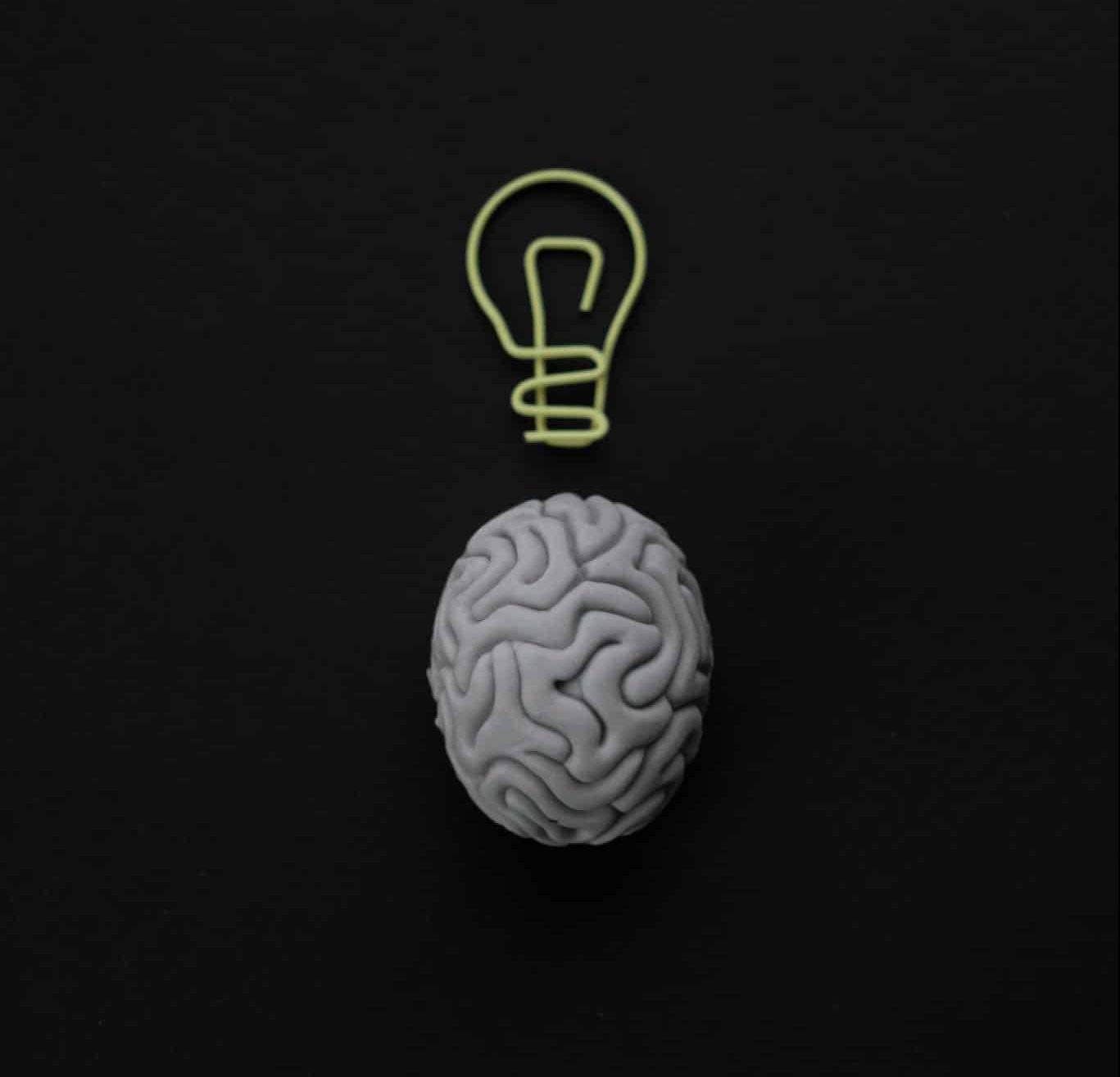Make the Most of Your Study Time for Academic Success

Education is a lifelong journey of discovery, learning & experience
If you’re currently studying, you’ll know that it can be a challenge to fit all your priorities into each day or week—your job (or jobs), family commitments, hobbies, and time with friends… just to name a few!
Balance is crucial for wellbeing and academic achievement. And some activities, like time spent staring at screens, can be detrimental to our academic lives and overall health and wellness.
This guide is designed to help you get organized and set up for academic success, and give you that extra push into a fantastic school year.
Balancing school with family life, time with friends, and self-care rituals, and fitting everything into 24 hours every day while staying healthy and sane, is no easy feat.
What does academic success mean to you?
There’s no right answer to that question, really.
Your answer might be any one of the following: meeting your school’s expectations, completing all your courses, earning a specific grade point average, landing a successful job, or being accepted into a prestigious graduate program next fall.
At the end of the day, school is about learning more about yourself and the world to make you a better person and the world a better place.
Education is a lifelong journey of discovery, learning, and experience—and it’s no different from managing time. It’s a process of finding what techniques work for you, improving on them, and enjoying life in the meantime.

Techniques for time management
Balancing school with family life, time with friends, and self-care rituals, and fitting everything into 24 hours every day while staying healthy and sane, is no easy feat. That’s why it’s important to manage time well before endless deadlines (and stress) begin managing you.
Before we get into the meat-and-potatoes of time management, let’s take a quick, close-up look at your study sessions. How do they look?
- Your study environment: A dedicated, organized, and clean workspace that has everything you need, where you need it when you need it, prepares you mentally, emotionally, and practically for productive study sessions. Keeping your studying place distraction-free and relaxing is important for mental health, especially when you’re banging out that paper due tomorrow.
- Rituals: Speaking of the study environment, how does your study ritual look? Routines help keep stress and frustration at bay as we work and study, without taxing our willpower. Build micro habits that feed your creativity, boost your productivity, and fire up your focus. Once you have a good routine going, the less you’ll have to think about when and what you’ll need to accomplish in a day, and the more you can be truly mindful of each activity you’re doing.
- Monotasking: Try not to do two things simultaneously, even when you think it’s the only way you could get everything done on time. Multitasking actually reduces your focus and productivity over the long term. Plus, it doesn’t really save you time. On the flip side, you actually improve your ability to focus and study well when you monotask.
Education is a lifelong journey of discovery, learning, and experience—and time management is no different.
It’s a process of finding what techniques work for you, improving on them, and enjoying life in the meantime.
Organization, prioritization, and planning
When you don’t have a clear picture of what you need to do next, it’s easy to waste the next several minutes (or hours) doing random things that don’t get you anywhere nearer your academic goals.
Planning ahead helps you remember what you need to do—and keeps you away from what you should not be doing. Give yourself specific tasks with a deadline and write prioritized to-do lists to help you identify what you should focus on, and what you do not have time for.
As you follow your own schedule, however, be self-aware. If you’re feeling particularly energized and creative, it might be more effective to work on an intimidating writing assignment right now than to study for a technical exam (like you may have initially planned).
And remember—not all tasks are created equal. Some may be more urgent than others; some are more physically demanding, while others tax the mind. Take these differences into consideration as you plan your day or week. As a general rule, tackle small tasks first, and break down big tasks into small tasks before working on them.

Setting goals that actually work
The best goals are specific, personal, and flexible. They should:
- Be detailed and measurable
- Mean something to you
- Be open to change if something else more important comes up
Want to build a regular exercise schedule? Your goal might look like this: “I will work out 20 minutes per day, three days a week starting today.”
Looking to build a stronger reading habit? Setting this goal might be a good place to start: “I will read one book every month for the entire year.”
Setting goals for specific study sessions might mean something like: “I will read pages 34-45 of this textbook in the next half-hour.”
Being intentional about what you do and how you do it tends to increase the quality of whatever you’re doing—whether that be studying at night, attending an extra lecture, or even hanging out with friends.
Distractions, distractions, distractions
Does this sound familiar?
You sit down to do focused research for the paper due next week. As you’re typing in keywords, a Discord notification pops up. It’s a cat meme a friend posted. You respond (with another cat meme, of course), then spend two minutes trying to think of what you were about to look up. You finally remember, finish typing into the search bar, and press enter. As search results roll in, an email pings your inbox, and off you go again…
As students and workers in the twenty-first century, we are intimately acquainted with distractions of all kinds.
Quality academic achievements require focused, dedicated attention. It’s vital for serious students to limit distractions granted by the gods of the Internet.
Short of completely shutting off your WiFi or going on a full-blown digital diet, website blockers like Freedom keep digital distractions at bay. Free extensions on Freedom –such as Limit, which minimizes the time you spend on attention-stealing sites (YouTube, anyone?)– can help you reclaim your study time from digital distractions.
Being intentional about what you do and how you do it tends to increase the quality of whatever you’re doing.
Take a break!
Even though there are always a million things to get done, it’s crucial to take regular breaks to recharge yourself. Trading health for good grades isn’t a good idea. But the good news? You don’t have to make that trade!
Being under pressure for short bursts of time can be good—that’s why last-minute, adrenaline-pumped homework sessions sometimes help you earn high marks.
But chronic stress can lead to negative side effects, including burnout. Consider setting aside consistent blocks of time to recover from the physical and mental stress of constantly learning and studying.
This might mean making sure you get 8 hours of sleep every night, setting aside time to truly enjoy meals, carving out time for your favorite hobbies, and taking a 5-minute break from the screen every hour or so to refresh your eyes.
Here are some fun things to do on breaks:
- Read a good book
- Meditate (Freedom’s Focus Music can help!)
- Explore a new hobby
- Take a walk
- Just… do nothing for a few minutes!

How healthy are your habits?
We’re creatures of habit, whether we like to admit it or not. Most of what you do each day, and how you do it, are done pretty much on autopilot.
Since habits make up much of your daily life (including your study sessions), evaluate the ones you have and focus on creating new ones that push you closer to your academic goals.
- Morning Routine: Is your morning routine rushed? Relaxing? Taking a few minutes to meditate, exercise, or read a book can help prime your mind and body for busy school days. Check out our guide to morning routines, and experiment to find what works for you.
- Sleep: It’s one of the best ways to boost your brainpower, refresh your body, increase neuroplasticity, and make sure you stay awake during study sessions. Plus, it’s absolutely free!
- Screen time: According to this study, not all screen time is created equal. Spending time on social media appears to encourage self-harm behaviors, depressive symptoms, and low self-esteem, leading to “doomscrolling”.
Evaluate your exisiting habits and focus on creating new ones that push you closer to your academic goals.
Making the most of your time
There are only 24 hours in each day to get everything done.
Whether your goal is to increase your productivity, find better ways to focus, discover effective study methods, or pick up a practical time management tip or tool, it’s never too late to take control of those precious minutes and hours and reach academic success—whatever that looks like to you!


